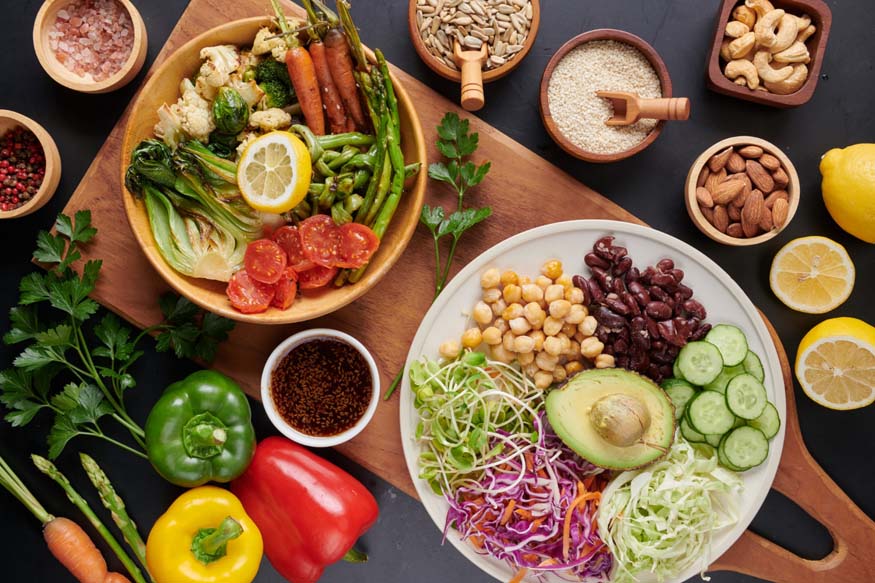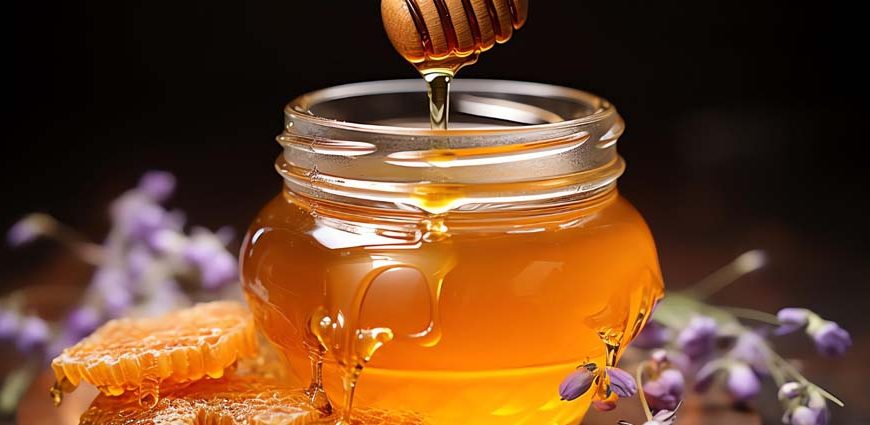As caring and concerned parents, protecting our children’s health and immunity is an ongoing mission. A delightful way to achieve this is by incorporating superfoods into their daily diet, blending nutrition with taste. Let’s explore some superfoods tailored for kids, unravelling their nutritional benefits and delicious appeal. Enhance your child’s nutrition with a scrumptious superfood smoothie, some delicious juicy fruit on a hot day or make traditional Indian meals all while incorporating nutrient-dense superfoods. These foods, rich in vitamins, minerals and fibre can include everyday fruits, lentils and leafy greens that are readily available including salmon, blueberries, avocado, beans and nuts.
- Mangoes
- Bananas
- Yoghurt (Curd)
- Ragi
- Khichdi
- Spinach (Palak)
- Turmeric (Haldi)
- Nuts and Dry Fruits
- Avocados
- Sweet Potatoes
- Blueberries
- Eggs
- Tomatoes
Who doesn’t love mangoes? An easy crowd-pleaser, it is also rich in vitamins A and C. A delicious superfood, it contributes to our overall immunity and eye health. They can be easily enjoyed on their own, in smoothies, as a topping for other superfoods like yoghurt or even made into a delicious hot mango curry.
We wish the popular saying was ‘A banana a day kept the doctor away’ instead. An extremely versatile food and easily found all over the world, we are lucky to have so many types of bananas to choose from. A great source of potassium, it gives our toddlers a lot of their daily dose of energy and essential vitamins. Bananas are also an easy snack that can be enjoyed on its own, in a smoothie or enjoyed as a dry snack to throw into a diaper bag for when we are on the move.
Found abundantly in most Indian households, yoghurt is rich in probiotics, calcium and protein. This promotes better digestion and bone health while being a better source of calcium than milk, as it is easier on one’s stomach. This can be enjoyed by your toddler on its own, with some cumin sprinkled on top, in a delicious smoothie instead of adding fruit juice or milk or as a great way to make Indian cuisine mild and easier on one’s stomach. Yoghurt suits well with so many foods which lends difficulty when making a list of the best options! As a probiotic powerhouse, it provides a good portion of gut-friendly bacteria that aids digestion and strengthens immunity. If your little one really doesn’t like yoghurt, you can add fruit or freeze it in popsicle form.
Ragi has become a popular choice in the last few years. This is because it is high in calcium and iron and can be used in many ways. A nutritious grain that can replace cereals full of sugar with porridges, dosas, and other preparations. Ragi is often one of the first solid foods in the form of porridge provided to infants and can be changed to different preparations as they get older. Locally there are also a lot of great brands that provide Ragi alternatives for old traditional snacks.
An easy-to-make dish made with rice and lentils, khichdi offers a very nice balance of easy-to-digest carbohydrates and proteins. Khichdi can be made with other superfoods such as haldi, spinach, curry leaves etc. This dish is a great and simple way to keep your little ones satisfied and healthy.
Rich in iron and other vitamins, spinach can be added to various dishes like smoothies, popsicles and parathas or incorporated into some delicious lentil soups. Another great alternative that many don’t think of is spinach pesto which can be used in ragi pasta. Spinach also contains antioxidants which may help lower blood sugar levels and prevent cell damage in the long run.
A household spice used in most Indian dishes, it is known for its anti-inflammatory properties. Although parents add it to hot Indian meals or boil it with some milk, we also recommend adding it to smoothies, popsicles and pasta. It supercharges those meals and adds a whole new colour to it.
Almonds, cashews and raisins are popular because they provide a tasty crunch. It doesn’t hurt that they are packed with healthy fats, proteins and essential nutrients. Nuts have long been associated with good health because of their mix of unsaturated fats, protein, fibre and vitamins. Supercharge meals by crushing or adding them whole during preparation.
Full of healthy monounsaturated fats, avocados promote brain development and overall growth. Their creamy texture appeals to young tastes, making them an easy addition to purees, sandwiches, or as a stand-alone snack. Avocados are rich in essential nutrients that contribute to a toddler’s holistic well-being, providing a tasty and nutritious option for parents to include in their little one’s diet. Mix diced avocado into scrambled eggs or an omelette in the morning or mix into smoothies for added texture and creaminess.
Emerging as a superfood for toddlers in India, it offers a wealth of nutrients crucial for growth. Packed with beta-carotene, sweet potatoes promote healthy eyesight and immune function. The natural sweetness and soft texture make them toddler-friendly, whether mashed, roasted, or in purees. Incorporating sweet potatoes into the diet ensures a delicious and nutrient-dense addition, supporting the overall health and development of young ones.
A powerhouse of antioxidants, minerals and vitamins, blueberries can help manage cholesterol levels. They also sharpen memory, support mood and fight certain cancers. The bright colour alone will make it a kid-pleaser! You can also freeze the smoothie in popsicle moulds for a sweet fun treat. These are also such a great addition to pancakes or muffins and can be directly added to the batter itself. The younger your child, the more important it is to squish those blueberries.
Eggs are part of a heart-healthy diet, although long thought to be a cause for cholesterol issues – studies show that’s not the case. Eggs are a strong source of protein and provide vitamins for our toddlers such as A, D, E, B12, and choline. Most nutrients in eggs are found in the yolk, so make sure to serve the whole egg. Typical breakfast foods are a quick fix and easy choice, but you can also make egg muffins or quiche with them while adding spinach, nuts or tomatoes for an extra boost.
Lucky for us, although this seems like a food item that toddlers wouldn’t want to eat, it is already incorporated into most of our cooking and serves as a base along with other food like onions and garlic. Rich in vitamins like C and A, tomatoes bolster immune function and vision development. Their vibrant colour and mild flavour make them a versatile addition to purees, salads, and sauces, enticing young palates. Including tomatoes in a toddler’s diet promotes overall health, offering a tasty and nutritious choice for growing little ones.
While no single superfood covers all needs, incorporating variety into your toddler’s diet is key. This is great news for parents as we all know that children can have their own preferences and tastes. The playful concept of “superfood” emphasises diverse health benefits. Introduce one or two superfoods at a time to foster healthy eating habits. Always remember, overall dietary composition matters more than individual items. A holistic approach to nutrition establishes a healthy and fun way to care for your child’s health and well-being. For more information on superfoods for toddlers, you could touch base with the EuroKids website.











